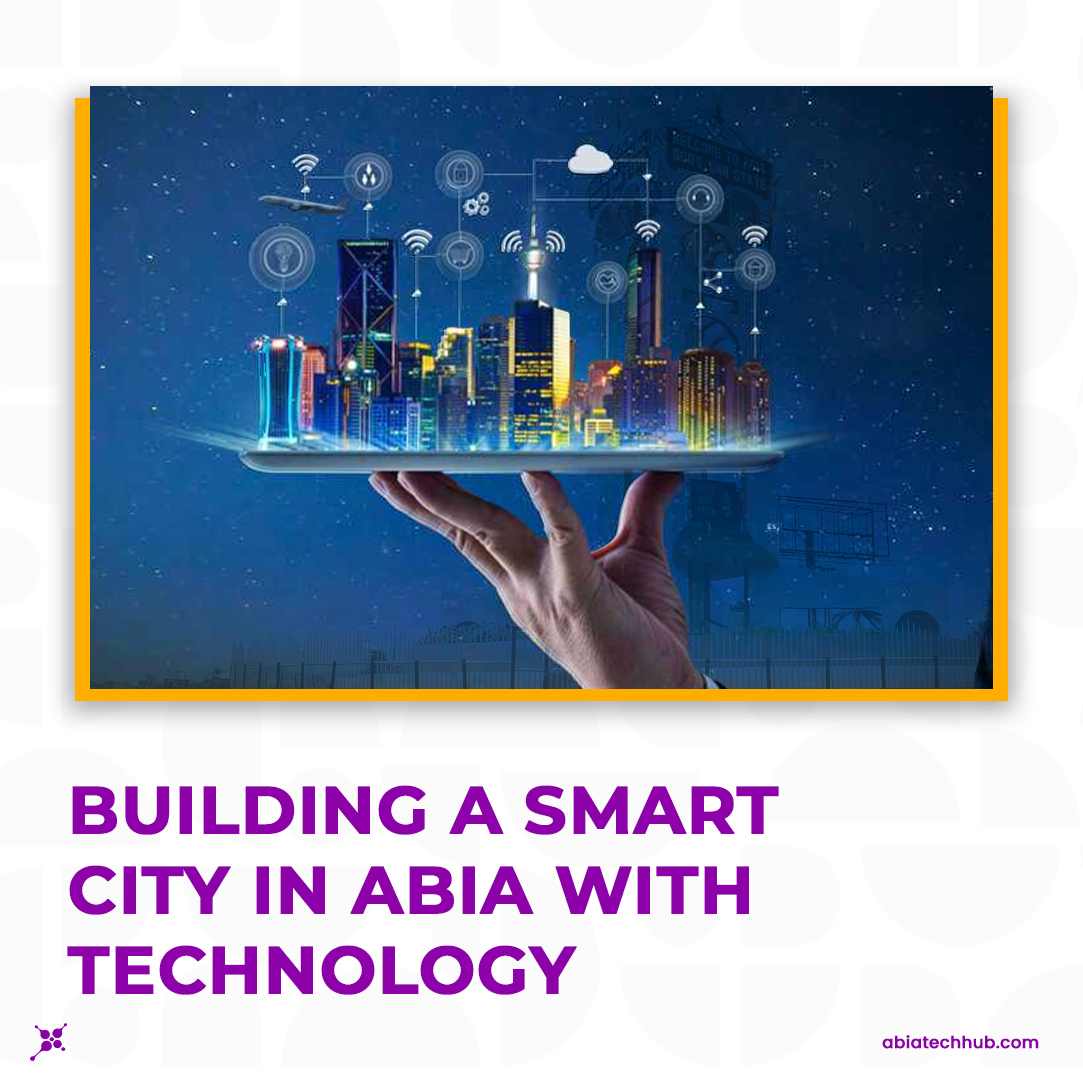BUILDING A SMART CITY IN ABIA STATE
Building a smart city in Abia state is a significant step towards transforming the state into a modern and technology-driven society. A smart city is a city that uses advanced technology and data analytics to improve the quality of life for its citizens, enhance sustainability, and promote economic growth.
Abia state has the potential to become a smart city due to its strategic location, growing population, and abundance of resources. However, creating a smart city requires careful planning, investment, and collaboration among stakeholders.
The first step in creating a smart city in Abia state is to develop a comprehensive master plan that outlines the goals, objectives, and strategies for the transformation. The plan should be based on a thorough analysis of the existing infrastructure, resources, and challenges. It should identify the areas that require investment and improvement, such as transportation, healthcare, education, energy, and security. The plan should also consider the needs and aspirations of the citizens, as they are the ultimate beneficiaries of the transformation.
One of the key areas of focus in creating a smart city in Abia state is transportation. Abia state has a growing population, and as such, the transportation system needs to be efficient, reliable, and sustainable. To achieve this, the state government can invest in the development of smart transportation systems that use data analytics to optimize traffic flow, reduce congestion, and enhance safety.
This can be achieved through the deployment of intelligent traffic management systems, smart parking systems, and the integration of public transportation systems.
Another critical aspect of creating a smart city in Abia state is the provision of quality healthcare. Abia state has a growing population, and as such, there is a need to ensure that the healthcare system can meet the growing demand for healthcare services. The state government can leverage technology to improve healthcare service delivery, such as the deployment of telemedicine services, electronic medical records, and the use of artificial intelligence in disease diagnosis and treatment. This will improve the accessibility and affordability of healthcare services, which will ultimately lead to better health outcomes for the citizens.
Education is also an important area of focus in creating a smart city in Abia state. The state government can invest in the development of smart education systems that use technology to enhance the quality of education and improve the learning outcomes of students. This can be achieved through the deployment of e-learning platforms, smart classrooms, and the use of virtual and augmented reality in education. This will make education more accessible, interactive, and engaging for students, which will ultimately lead to better academic performance and a more educated workforce.
Energy is another critical aspect of creating a smart city in Abia state. The state government can invest in renewable energy systems such as solar, wind, and hydroelectric power to reduce the reliance on fossil fuels and improve energy efficiency. This will not only reduce carbon emissions but also reduce the cost of energy and enhance the sustainability of the city.
Lastly, security is a critical aspect of creating a smart city in Abia state. The state government can deploy advanced security systems that use data analytics and artificial intelligence to enhance the safety and security of citizens.
This can be achieved through the deployment of intelligent surveillance systems, smart city command centers, and the integration of emergency response systems.
In conclusion, creating a smart city in Abia state is a significant step towards transforming the state into a modern and technology-driven society. The transformation requires careful planning, investment, and collaboration among stakeholders. The state government needs to develop a comprehensive master plan that outlines the goals, objectives, and strategies for the transformation. The plan should focus on areas such as transportation, healthcare, education, energy, and security. By leveraging technology, Abia state can improve the quality of life for its citizens, enhance sustainability, and promote economic growth.




